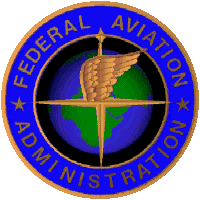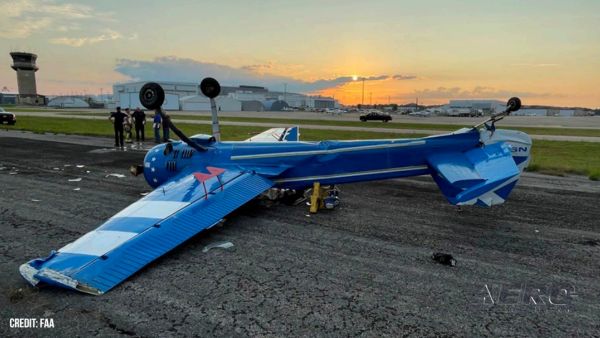Wed, Jun 25, 2003
Advertisement
More News
 Aero-News: Quote of the Day (05.25.25)
Aero-News: Quote of the Day (05.25.25)
“Each Honor Flight mission is a special occasion, but the ability to be a part of EAA AirVenture always creates unforgettable moments. Honoring our local Vietnam veterans out>[...]
 Classic Aero-TV: Efficient Versatility -- NASA GL-10 Greased Lightning
Classic Aero-TV: Efficient Versatility -- NASA GL-10 Greased Lightning
From 2015 (YouTube Edition): The Airframes Displayed At AUVSI 2015 Were Quite Innovative It’s common to visualize a small vertical lift UAV as having 4 to 6 propellers, it&rs>[...]
 NTSB Prelim: Cessna 525
NTSB Prelim: Cessna 525
The Airplane Began A Descent While Still In A Right Turn And Impacted Terrain On March 13, 2025, about 0733 central daylight time, a Cessna 525A airplane, N525CZ, was destroyed whe>[...]
 Klyde Morris (05.23.25)
Klyde Morris (05.23.25)
It Looks Like It's Gonna Get A Bit Tight, Klyde FMI: www.klydemorris.com>[...]
 Airborne-NextGen 05.20.25: Drone Regs, Zero-Emission Cargo, Door-Dash Drone
Airborne-NextGen 05.20.25: Drone Regs, Zero-Emission Cargo, Door-Dash Drone
Also: Blackhawk’s Replacement, Supersonic Flight, Archer 1Q/25, Long-Range VTOL Program U.S. Secretary of Transportation Sean P. Duffy released an update on progress being ma>[...]
blog comments powered by Disqus





